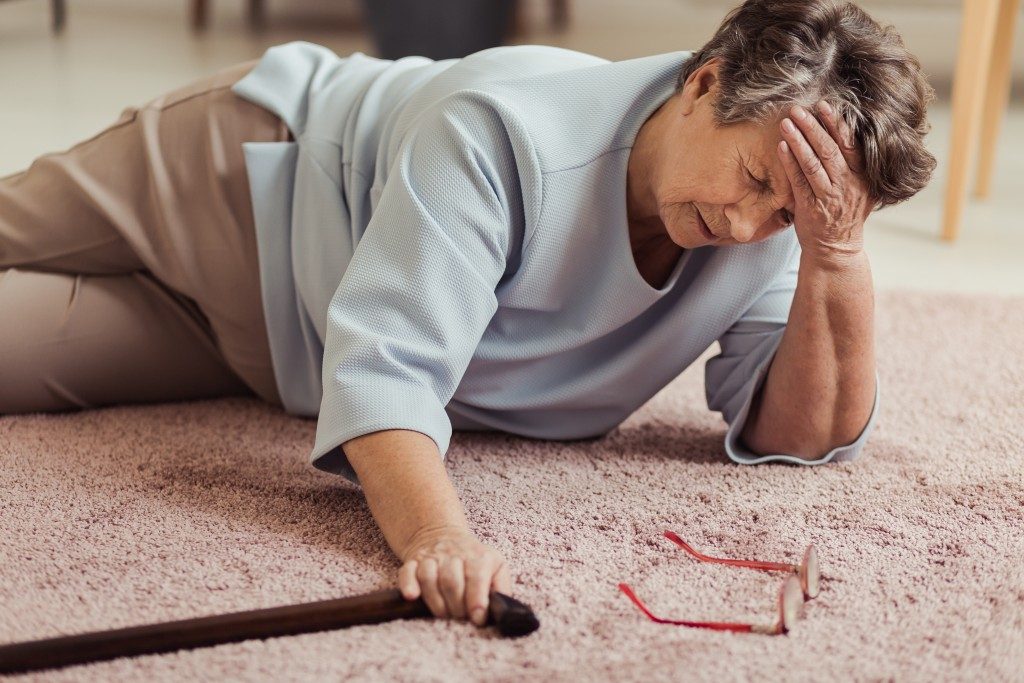It’s not unknown that fall incidents among the elderly often results in depression. Being immobile and hospitalized for days triggers feelings of isolation and loneliness. What’s not known to many people though is the fact that even before falls happen, depression may creep in. The fear of falling keeps the elderly from doing the things they love, socializing with peers, or engaging in physical activities.
Cooped up in their bedrooms and withdrawn from the outside world, they fall into the downward spiral of depression. The challenge for caregivers is to know how to address such fear to avoid depression altogether.
Here are some tips on helping your loved one overcome their anxiety:
Let them exercise
The antidote to the fear of falling from moving around is honestly to just move around. When your aging parent is constantly engaged in exercises, they become more at ease with movements and get more physically and mentally fit enough to prevent falls. So, encourage them to pick up a physical activity. Plan a walking routine every day or let them do their gardening at least once a week.
Make sure though that the exercise is appropriate for their health condition. Note that along with exercise, some adults would need physical therapy as part of their recovery from an illness. In situations like this, most people consider senior home health care services in Olympia to ensure that the physical needs of their loved ones are met.
Fall-proof your home
 It’s not enough to tell your loved ones they are safe because you are with them; they need to see visible signs of safety in your home, so they’d gain more confidence in moving around. Fall-proof your home with safety features. Install handrails in stairways and pathways. Have good lighting in every part of the house and keep clutter away from floors or stairs.
It’s not enough to tell your loved ones they are safe because you are with them; they need to see visible signs of safety in your home, so they’d gain more confidence in moving around. Fall-proof your home with safety features. Install handrails in stairways and pathways. Have good lighting in every part of the house and keep clutter away from floors or stairs.
It’s also important to keep carpets firmly fixed to the floor, so it won’t slip when your loved one steps on them. Install assistance poles beside their bed, so it’s easy for them to move. These home safety features will not just cut the risk of your loved one falling, but also dispel any fear of untoward incidents.
Open lines of communication
You need to create a safe space where your aging parents can confide in you their fears and anxiety. Most of the time, aging parents hesitate telling their loved ones what they’re feeling because they don’t want to be a burden to the family. They don’t want you to worry about them.
Add there the fact that they find it difficult to accept that they need help from their children. So, it’s important to be intentional in reaching out to them and letting them know it’s okay to have fears. When communicating, don’t dismiss their emotions no matter how ‘irrational’ you think they may be. Instead, recognize that their anxieties are valid, but give them hope that there are ways to overcome the fears.
Even though your loved one hasn’t experienced falls yet, they may still be at risk for depression given their fears. Help them face these fears with courage and confidence by following these tips.
